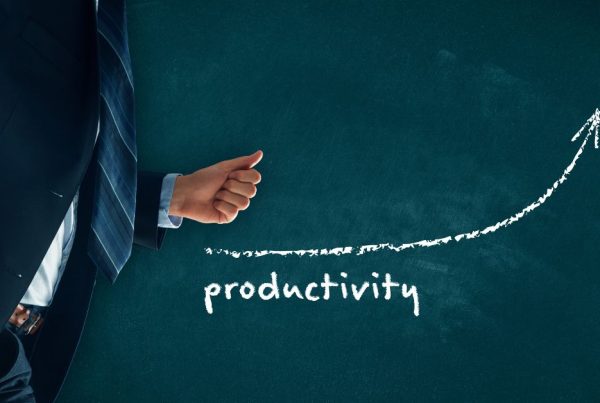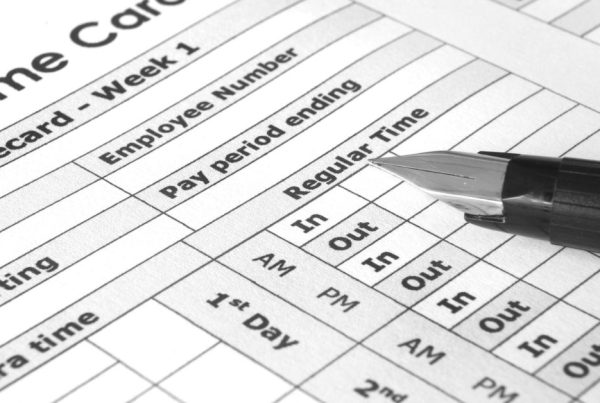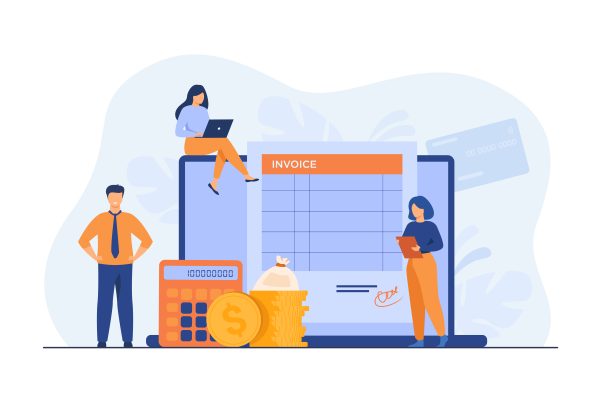
Balancing creativity with the demands of running a business can be a significant challenge for independent design consultancies. Effective time management, financial planning, and streamlined administrative processes are crucial for fostering both innovation and business growth. Leveraging tools like Minute7 can help design consultancies maintain this delicate balance, allowing them to focus more on their creative endeavors while ensuring operational efficiency.
Effective Time Management for Design Consultancies
Importance of Time Management
Time management is crucial for design consultancies, as it significantly impacts both the creative process and business operations. Effective time management allows designers to allocate sufficient time for creative thinking while ensuring that project deadlines are met. According to Kai Wong on UX Collective, time budgeting is essential for designers to manage their workload efficiently. Similarly, an article on InVision highlights that successful designers think strategically about their time, thereby enhancing the quality of their work and overall productivity.
Time tracking plays a pivotal role in understanding project timelines and productivity. It provides an accurate assessment of work estimates and the effectiveness of your team. This is particularly vital for professional service firms that have hourly employees, work with freelancers, or use cost-plus pricing. Time tracking within project management software allows team members to add time entries to tasks easily, enabling the generation of comprehensive time reports for projects, which can be used for client billing and internal assessments (source).
Practical Time Management Tips
Implementing practical time management techniques can significantly benefit design consultancies. Organizing files with naming patterns, creating shortcuts for common tasks, and understanding how long certain tasks take can help in better time estimation (source). Additional tips from The Creative Life include prioritizing tasks, setting clear deadlines, and employing techniques like time blocking and the Pomodoro Technique. These methods help ensure that important work gets prioritized and completed efficiently.
Leveraging Tools for Time Management
Time tracking solutions like Minute7 can greatly enhance effective time management. The Minute7 website details how the platform allows employees to capture hours worked, track reimbursable or corporate credit card expenses, calculate mileage costs, attach receipts directly to expense entries, and sync data with QuickBooks. This comprehensive feature set makes Minute7 a powerful tool for time and expense management, providing the flexibility to integrate with QuickBooks or function as a standalone solution.
Using tools like Minute7 offers numerous benefits, including increased profitability, accurate billing and payment, data-driven decision-making, clear objective setting, improved productivity, better work-life balance, enhanced project management, increased transparency, and improved client communication (source). By streamlining the administrative tasks associated with time management, Minute7 enables design consultancies to focus more on their creative work.
Financial Planning for Design Consultancies
The Need for Financial Planning
Financial planning is a critical aspect of running a successful design consultancy. It helps foster creativity, ensure business growth, and navigate through economic crises (source). Maintaining financial stability allows design consultancies to focus on their creative pursuits without the constant stress of financial uncertainties. Common financial challenges faced by these businesses include uncontrolled spending, cash flow issues, and inadequate funding for growth initiatives. Additionally, design consultancies often struggle with a lack of control and ownership of projects, unclear structures, and rapidly changing project requirements (source).
Key Financial Planning Strategies
Effective financial planning for design consultancies involves several strategies, including budgeting, forecasting, managing cash flow, and setting financial goals and key performance indicators (KPIs). Budgeting and forecasting are essential for anticipating future financial needs and preparing for them accordingly. These strategies involve a detailed analysis of past financial data and making informed predictions about future revenues and expenses (source).
Managing cash flow ensures that businesses have enough cash to cover their operational costs and invest in growth opportunities. Setting financial goals and KPIs gives businesses a clear direction and helps them measure their progress towards achieving these goals. It is crucial to separate personal financial goals from business goals for a more accurate and efficient financial plan (source).
Utilizing Expense Tracking Tools
Expense tracking tools like Minute7 can greatly enhance the financial planning process for design consultancies. These tools offer a convenient and efficient way of tracking expenses and time, providing valuable insights for financial management (source). Design consultancies can leverage these tools to keep track of their project costs, identify unnecessary expenses, and plan their budgets more accurately.
Minute7, for example, integrates directly with QuickBooks, allowing for seamless data transfer and streamlined financial management (source). This helps businesses make informed financial decisions and achieve their financial goals. By utilizing Minute7’s features, design consultancies can ensure financial stability, foster creativity, and drive growth.
Streamlining Administrative Tasks
The Impact of Administrative Tasks on Creativity
Administrative tasks, while essential for running a business, can often detract from the creative work that is the lifeblood of independent design consultancies. These tasks, such as billing, expense reporting, and timesheet management, tend to be routine and can consume a significant portion of the workday. This not only reduces the time available for creative endeavors but can also hinder the creative process due to the mental shift from imaginative thinking to structured, procedural work (source). For design consultancies, maintaining a balance where administrative efficiency does not stifle creativity is crucial.
Strategies to Streamline Administrative Work
To minimize the impact of administrative tasks on creativity, design consultancies can adopt several strategies:
-
Delegation and Outsourcing: By delegating routine tasks to administrative assistants or outsourcing them to specialized firms, design consultancies can free up valuable time for creative work. This approach ensures that essential administrative functions are handled efficiently without burdening the creative team.
-
Automating Repetitive Tasks: Automation can significantly reduce the time spent on repetitive tasks. Tools that automate invoicing, time tracking, and expense reporting can streamline these processes, allowing designers to focus more on their core creative activities. Automation not only saves time but also reduces the likelihood of human error, enhancing overall productivity (source).
Minute7 as a Solution
Minute7 offers a comprehensive solution for streamlining administrative tasks, making it an invaluable tool for independent design consultancies. The platform’s features, such as timesheets, expense tracking, and detailed reporting, simplify the administrative workload. Users can track hours worked, manage expenses, and generate reports effortlessly, all from a single platform (source).
Real-life examples demonstrate how design consultancies benefit from using Minute7. For instance, firms have reported significant time savings and improved accuracy in billing and expense reporting. The seamless integration with QuickBooks means that data entered in Minute7 is automatically synced, reducing the need for manual data entry and minimizing errors (source). This not only streamlines administrative processes but also ensures that financial data is always up-to-date and accurate.
By leveraging Minute7, design consultancies can automate and simplify their administrative tasks, allowing them to devote more time to creative projects and business growth. This balance between efficient administrative management and creative freedom is essential for the success and sustainability of independent design consultancies.
Achieving Balance with Minute7
Balancing the creative aspects of a design consultancy with the operational demands of running a business is no small feat. However, as we’ve explored, effective time management, solid financial planning, and streamlined administrative processes are key elements in achieving this balance. Minute7 stands out as a valuable tool that can help design consultancies navigate these challenges efficiently.
Minute7’s robust time tracking and expense reporting features offer a straightforward way to manage project timelines and budgets. By enabling precise time entries and expense tracking, Minute7 ensures that design consultancies can maintain accurate records, which are essential for client billing and financial planning. The platform’s seamless integration with QuickBooks further simplifies financial management, allowing for real-time data synchronization and reducing the risk of errors.
Moreover, Minute7’s user-friendly interface and accessibility via web and mobile apps mean that teams can manage their tasks from anywhere, fostering flexibility and efficiency. By automating and simplifying administrative tasks, Minute7 allows designers to focus more on their creative work, thereby enhancing overall productivity and job satisfaction.
In essence, Minute7 empowers independent design consultancies to stay organized, financially healthy, and focused on their creative passions. By leveraging the capabilities of Minute7, design consultancies can achieve the delicate balance between creativity and business operations, paving the way for sustained success and innovation.



